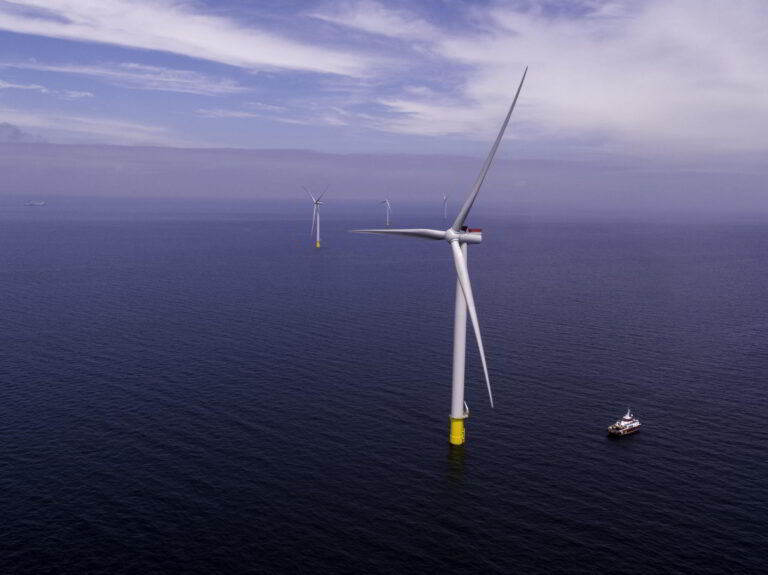
Intertek Finalizes Risk Assessment for Five Offshore Wind Export Cables in Denmark
Intertek conducted a risk assessment for five export cables linking Danish offshore wind farms to the mainland.

Intertek conducted a risk assessment for five export cables linking Danish offshore wind farms to the mainland.

Trump’s energy dominance plan favors fossil fuels, risking US renewable progress. Critics urge support for clean tech.

Louis Dreyfus Armateurs selects SALT and ZPMC for the design and construction of three new SOVs for Vattenfall.

Mortality rates during heatwaves are rising, with urban areas facing higher risks due to the ‘heat island effect.’

China’s clean energy investments in 2024 hit 6.8tn yuan, nearing global fossil fuel investment levels, despite slower growth.
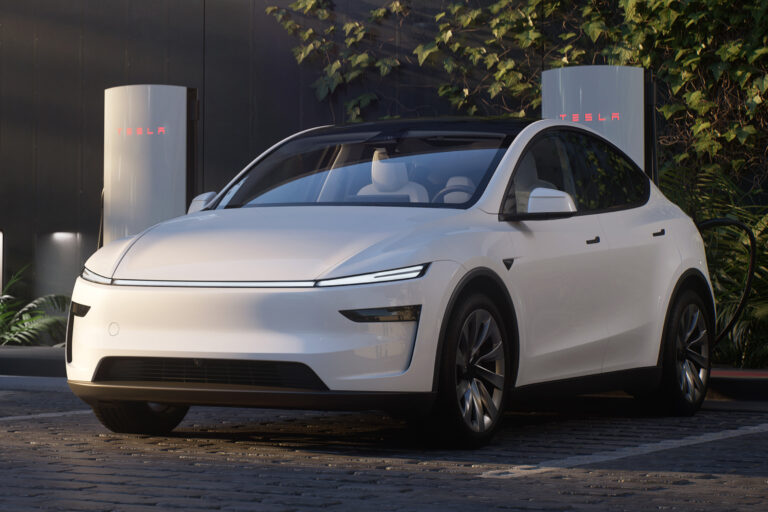
The EV market is set for a reset in 2025, with more mainstream options making EVs more affordable and diverse.
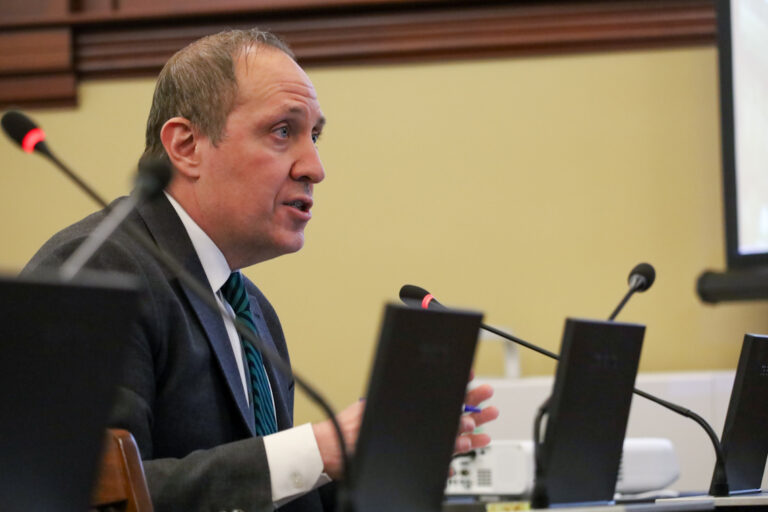
Illinois explores energy solutions as demand rises, focusing on renewables and efficiency programs amid grid concerns.
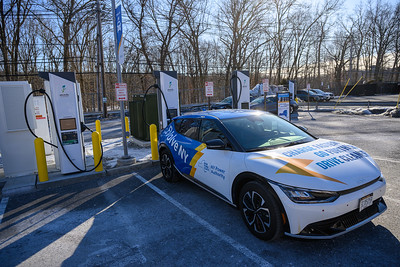
EV drivers have a new fast charging spot in Katonah, enhancing NY’s EV network and boosting local business and tourism.
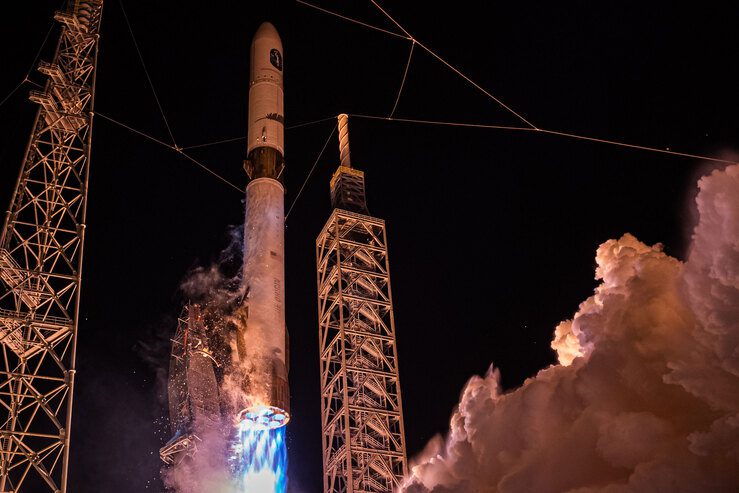
Imagine solar panels in Earth’s orbit, converting sunlight into electricity and beaming it down as microwaves or lasers.
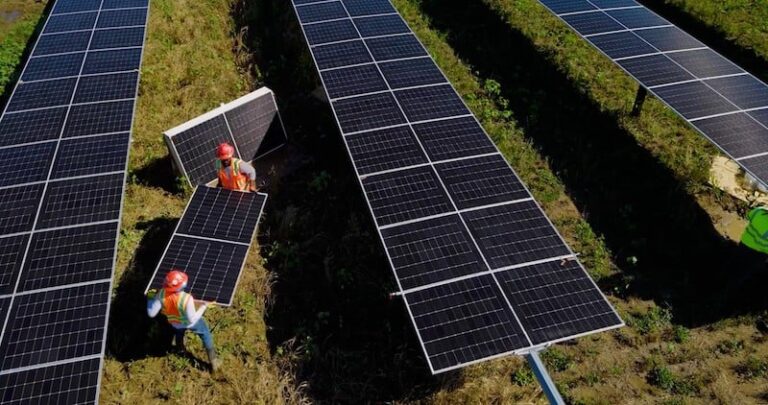
Minnesota’s workforce thrives due to strong education and investments, with initiatives supporting job growth and expansion.
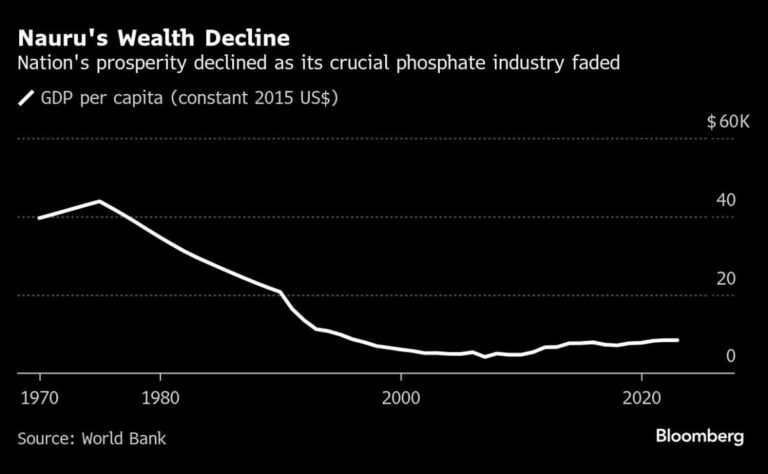
Nauru plans to sell citizenships to fund relocation of 10,000 residents from flood-threatened homes to safer areas.

Select your state, zip code, and country from the dropdown menus. Ensure the zip code is entered correctly.